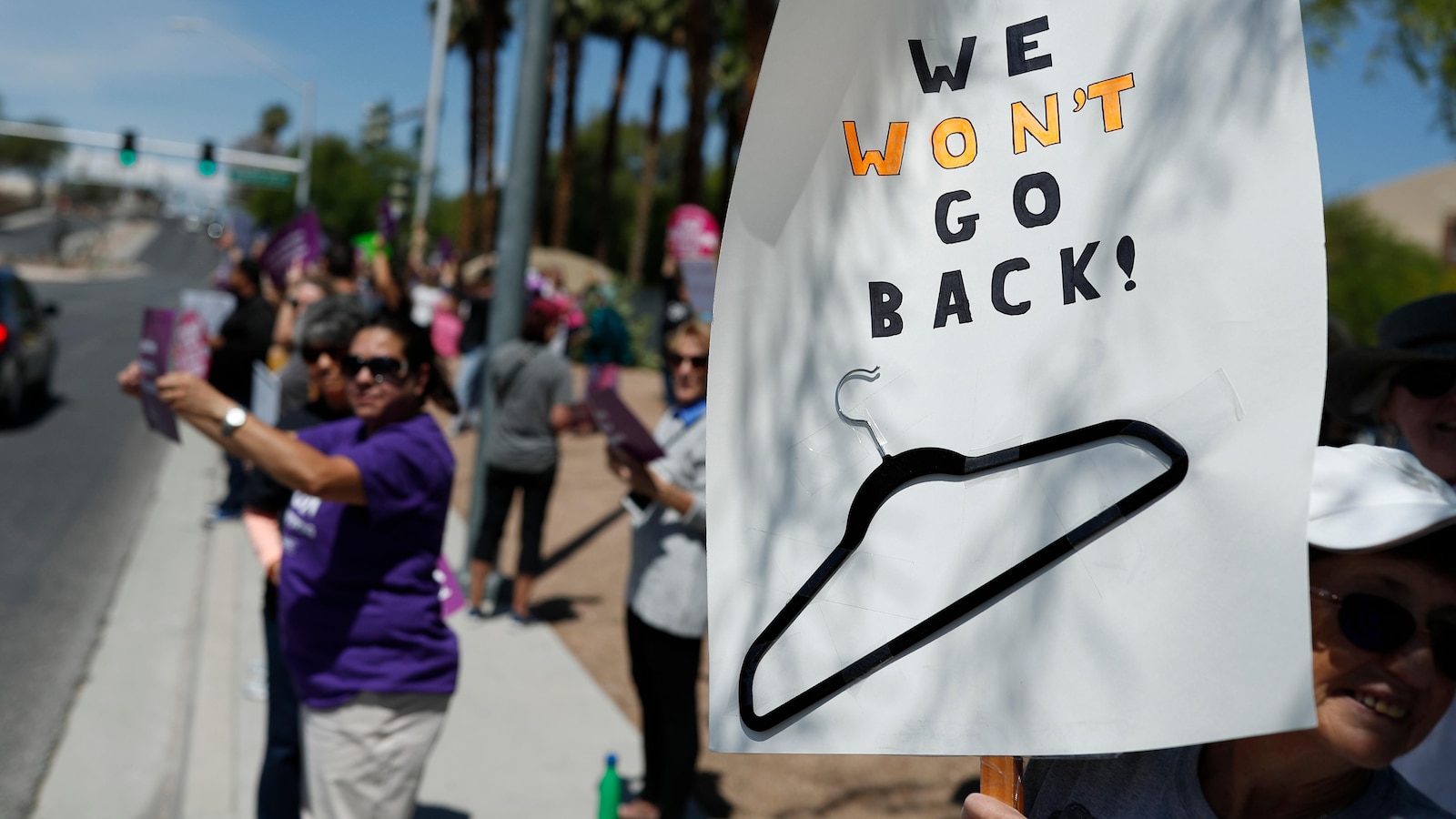LAS VEGAS — Nevada is primed to become the 18th state to use Medicaid funds to increase access to abortion for lower-income women.
The change is a result of a court ruling that became official this week after the state government declined to appeal it within 30 days of the release of a written opinion in the case that found denying coverage violated the equal right protections adopted by the state’s voters in 2022. Nevada officials have not said when the coverage will begin, but the judge said it should be no later than early November.
“Nevadans who have Medicaid as their health insurance will no longer need to fear that they will be forced to carry a pregnancy against their will,” Rebecca Chan, a lawyer with the ACLU Reproductive Freedom Project, which sued in the case, said in a statement.
Since the U.S. Supreme Court overturned Roe v. Wade in 2022 and ended the nationwide right to abortion, the issue has been a legal and political battleground. Most Republican-controlled states have implemented bans or restrictions, including 14 that now bar abortion at all stages of pregnancy, with some exceptions, and four more that generally prohibit it after about the first six weeks of pregnancy. Most Democratic-led states have taken steps to protect access.
Nevada, with a Republican governor and Democratic-controlled legislature, has protected access. Voters in November will consider enshrining the right to abortion in the state constitution; if it passes, there will be a second vote in 2026.
Apart from whether a state bans or restricts abortion, an important factor in its availability is whether it pays for abortions for those who have medical insurance through Medicaid, the joint state-federal program for lower-income people.
Under a 1977 law, federal funds are prohibited from paying for abortion except in cases of rape, incest and when abortion is necessary to save the life of the pregnant person. But states can use their allocations to pay for abortion under more circumstances.
The Guttmacher Institute, a research organization that supports abortion rights, says that most follow the federal law for the state funds, too — or do so but with some additional exceptions.
But 17 of them pay for abortion without limitations. Nine of those are under court orders and eight cover abortion voluntarily.
KFF, a nonprofit that researches health care issues, says that about one-third of the nation’s women ages 15 to 49 live in states where abortion is not banned but where Medicaid covers abortion in only limited cases. And about one in five women in those states has Medicaid insurance coverage. Those with Medicaid are disproportionately low-income, Native American and Black.

